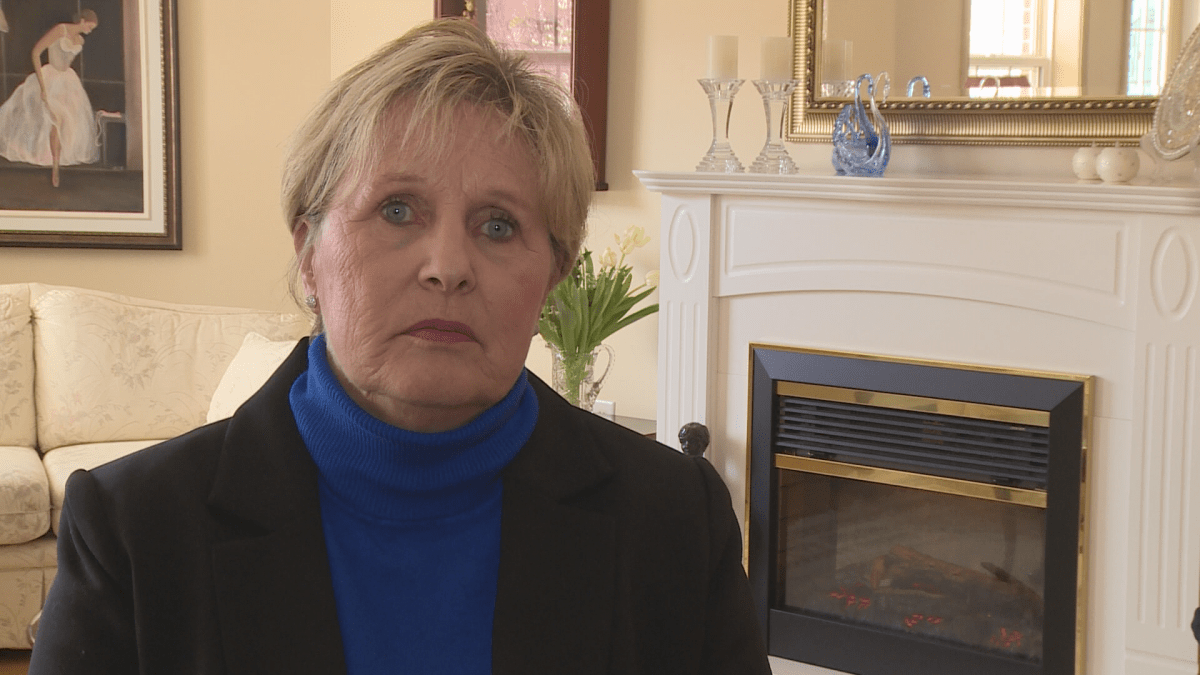A Moncton-based company is hoping its breath-sampling, lung cancer-detecting prototype can be ready for use in 2022.

Picomole Inc. recently received $818,000 from the federal government to build more of the devices.
“The theory is, once we show proof of concept that it’s really the cancer cells putting out the organic compounds, we should be able to see right down to Stage 1 (detection),” said Stephen Graham, CEO of Picomole.
READ MORE: New Brunswick community holds benefit breakfast for local man with cancer
The device, which is set to undergo further clinical trials through Health Canada, is two parts: a microwave-like base with a mouthpiece for breath samples and an analyzer tub that appears similar to a pen.
Much like a breathalyzer, a person simply blows into the mouthpiece, a process that can last about 15 seconds.

Get weekly health news
Graham says the sample, which is contained inside the analyzer tube, is then sent to the lab in Moncton and analyzed. Within two days, the results can be seen by a physician, he added.
The company says it can be used in doctor’s offices, pharmacies and emergency rooms as a form of earlier detection.
Heather Hogan, a lung cancer patient and research advocate, says the idea is long overdue.
“To have a breathing test that will conceivably be able to diagnose lung cancer in its earliest stages will save lives and save money,” she said.
“If this can become part of somebody’s yearly checkup, then that will save so many lives so this is huge.”
Hogan was diagnosed with Stage 3 lung cancer in 2012.
Her diagnosis followed the discovery of a shadow during an unrelated abdominal CT scan.
“It was a very scary time,” she recalled. “And to find out that it was advanced cancer was even worse.”
WATCH: Unmasking the reality of lung cancer

She has turned into an advocate for research and early detection.
“However, lung cancer kills more people each year than colon, breast and prostate cancers altogether.”
She says she’s excited about the fact that the early detection device is in the works in New Brunswick.
“It’s absolutely phenomenal that it’s coming from the Maritime provinces,” Hogan said.










Comments
Want to discuss? Please read our Commenting Policy first.